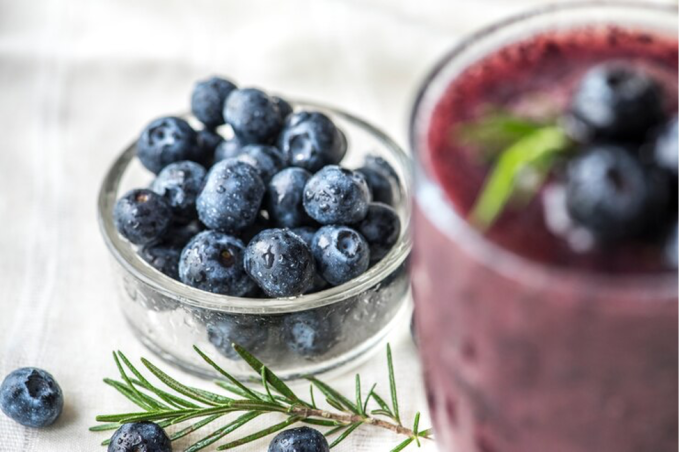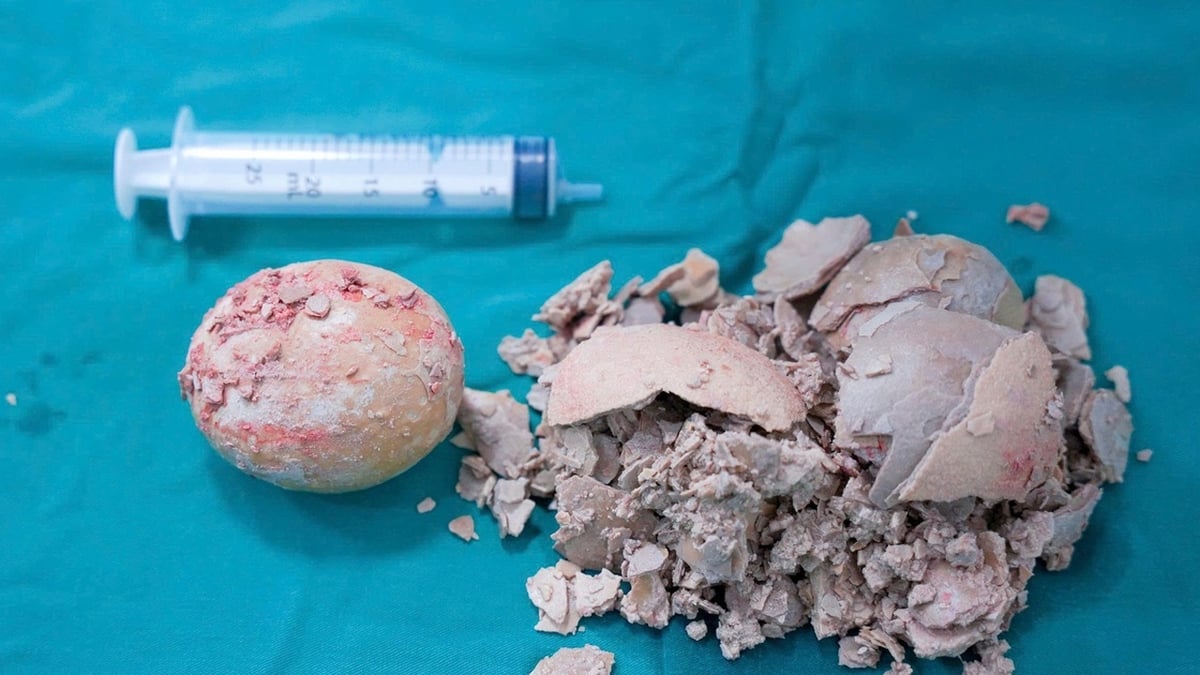I am 34 years old, every time I have my period I often have headaches and dizziness. Can foods improve this condition and what should I eat? (Hang Do, Hanoi )
Reply:
Menstruation is a normal physiological phenomenon of the female body, under the control of the sex hormone system, necessary for the reproductive process. In women, menstruation usually occurs once a month, starting at puberty and lasting until menopause.
Women during menstruation may experience vestibular disorders, causing symptoms of chest pain, headache, dizziness, nausea, shortness of breath, menstrual cramps, personality changes... due to hormonal changes. People with a history of chronic anemia, heavy blood loss during menstruation, fatigue, and inadequate nutrition may also experience dizziness.
In the last week before menstruation, blood pressure tends to drop, while estrogen levels increase. This condition can trigger dizziness due to poor circulation to the inner ear. Women may experience dizziness before the symptoms of headache, nausea due to vestibular migraine, during menstruation. The dizziness can last from a few hours to 2-3 days.
A good diet for blood circulation needs to ensure enough energy, enough vitamins, minerals, low sodium, rich in potassium, rich in fiber, reduce saturated fatty acids and total fat. You should prioritize eating food groups rich in fiber such as brown rice, germinated brown rice, eat lots of green vegetables, ripe fruit, to provide more potassium, vitamins and minerals. Ripe fruit in pieces or segments helps increase fiber. You should eat directly, do not squeeze, blend, or squeeze for juice.

Blueberries help increase blood circulation and oxygen to the brain. Photo: Freepik
Women should eat lean, low-fat meats and foods rich in omega 3 such as salmon and mackerel several times a week. Supplement foods rich in iron and vitamins that support blood production if there is iron deficiency anemia. These include lean meats, poultry, seafood, beans rich in B vitamins, and vegetables rich in vitamin C to support iron absorption.
At the same time, increase the use of foods and drinks with sedative and diuretic properties such as lotus seeds and lotus hearts. Some herbs such as mugwort or antioxidant active ingredients anthocyanin, pterostilbene from blueberries and ginkgo biloba can help increase blood circulation and oxygen to the brain, fight free radicals, and help improve headaches and insomnia.
Foods that women should limit during menstruation include fatty foods, animal organs, processed foods such as canned fish, canned meat, pickled vegetables, salty braised dishes, dipping sauces... Do not drink alcoholic beverages such as beer and wine.
In addition to nutritional advice, women need to drink enough water, get enough sleep, do some gentle exercises like yoga to help improve brain circulation, and reduce speed and workload to control stress.
Doctor Tran Thi Tra Phuong
Nutrihome Nutrition Clinic System
Source link




















































![[Maritime News] More than 80% of global container shipping capacity is in the hands of MSC and major shipping alliances](https://vphoto.vietnam.vn/thumb/402x226/vietnam/resource/IMAGE/2025/7/16/6b4d586c984b4cbf8c5680352b9eaeb0)













































Comment (0)